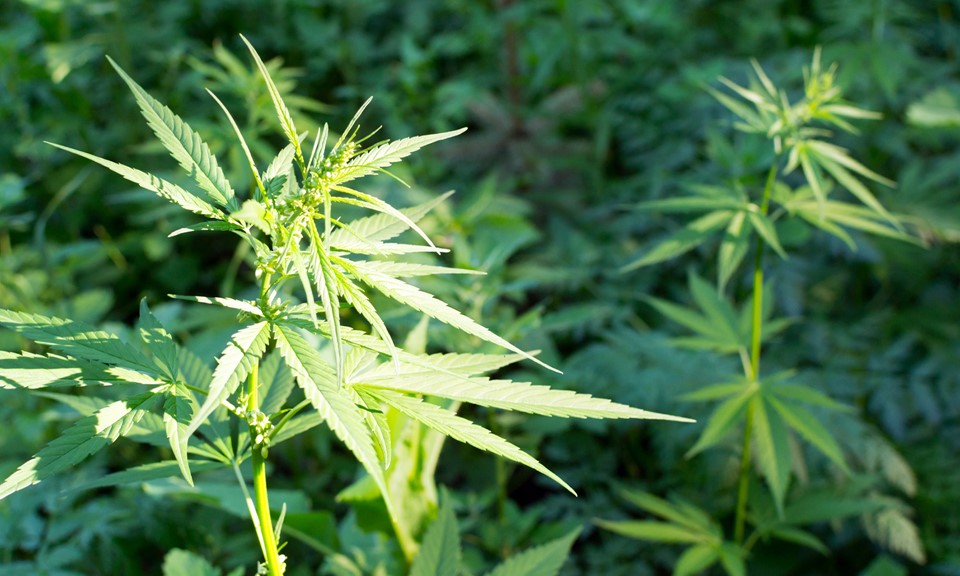It has been revealed that the Minister of Health, Honourable Pablo Marin, has signed two letters allegedly supporting the establishment of cannabis and hemp farms in southern Belize to develop medical products for exportation. While this news caused much controversy, the Ministry of Health (MOH) has clarified that these contracts are not related to the legalization of marijuana in Belize, as the cultivation of the plants in question complies with the Misuse of Drugs Act. On Wednesday, October 31st, MOH released a press release stating that the Minister is supporting the growth of cannabis for medicinal purposes and that marijuana, which contains the chemical compound Tetrahydrocannabinol (THC), which has mind altering properties, was not consider at any point in the letters.
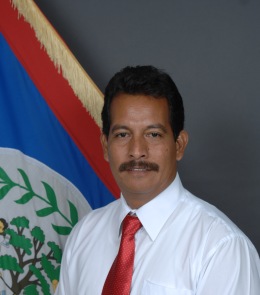
The first signed letter is dated February 10, 2016 and talks about a meeting between Marin and businessman Zev Ben Yosef in Belmopan City. According to the letter, the meeting took place five days before the issue of the letter and involved the participation of former Chief Executive Officer (CEO) Dr. Peter Allen, local entrepreneur Robert Peyrefitte and Moises Zaldivar. Marin expressed in the letter their consideration in the establishment of a cannabis farm, which would produce Cannabidiol (CBD) for medical applications along with associated research and development for national and international considerations. The letter mentions Belize’s strategic location to export to the CARICOM, SICA and United States markets. “The meeting was centered on farming cannabis for medicinal use as research has proven that Cannabidiol (CBD), derived from the cannabis plant, can be beneficial for the treatment of cancer and other ailments. It was noted that any psychoactive component of the plant would be removed. The use of controlled drugs has been legal in Belize since 1990. This proposed investment was in compliance with the Misuse of Drugs Act at that time which according to Section 9 (2) subsection (a) which states: That it is not unlawful under section 6(1) of this Act for a medical practitioner, dentist or veterinary practitioner acting in his capacity as such, to prescribe, administer, manufacture, compound or supply a controlled drug, or for a chemist and druggist acting in his capacity as such, to manufacture, compound or supply a controlled drug,” explained MOH in regards to the letter to Yoself.
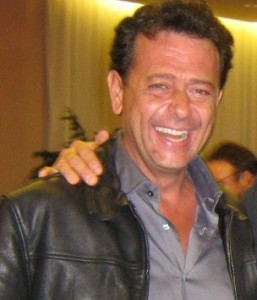
The second letter was signed last year in October of 2017 and is addressed to Marco Caruso of The Placencia Hotel and Residences in the Placencia Peninsula in southern Belize. Through the letter, Marin expressed his support for developing commercial production of hemp in the Stann Creek District. While hemp is completely legal, as it contains less than 0.3% THC and most commonly used for the manufacturing of clothing, beauty products, and medical use. Of concern is that Caruso has been associated to allegedly fraudulent schemes that saw hundreds of Canadian investors losing millions of dollars between 2007 and 2010. According to the findings of the Ontario Securities Commission, Canyon Acquisitions and its Principles, Caruso is named as being involved in the enticement and misrepresentation of investments in various resort development projects in the Dominican Republic and southern Belize. Despite this information, Caruso’s has received support from the Minister as Marin’s letter included specific conditions for the production.
“The proposed project was for the cultivation of hemp, which although derived from the same Cannabis sativa plant, contains less than 0.3% THC content which is not in any way mind-altering. Industrial hemp can be used for the manufacturing of clothing, beauty products, and contains CBD which has medicinal benefits. This was by the recent amendment to the Misuse of Drugs Act in 2017 which makes provisions for industrial hemp,” said MOH. The conditions stated that the product could only be exported internationally to a company with relevant state licenses and approvals. The processing plant and the culture of the hemp plants should be by the Laws of Belize and that the plantation land must be secured and properly fenced. The conditions also instructed Caruso to guarantee that the operation will be conducted by the Laws of Belize. It is yet unknown whether Marin had the approval of Government, or if he acted alone.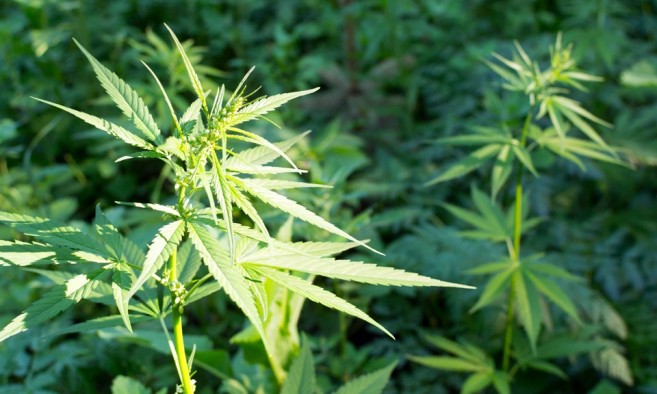
The topic of cannabis, its legalization, exportation, and use, has long been a heated topic in Belize. On the one hand, the leader of the Opposition, Honourable John Briceño has called for its legalization. However, the Government of Belize does not support the idea. Meanwhile, the CARICOM Regional Commission on Marijuana has shown some support for the legalization of marijuana, having recommended the legislation of the drug after a four-year study concluded in July of this year, that 183 million people worldwide use marijuana. The study states that most Caribbean people believe that the laws restricting its usage are ineffective, obsolete and very unjust. Also, the inconsistent applications of these laws have led to the deep resentment and non-cooperation with law enforcement agencies.
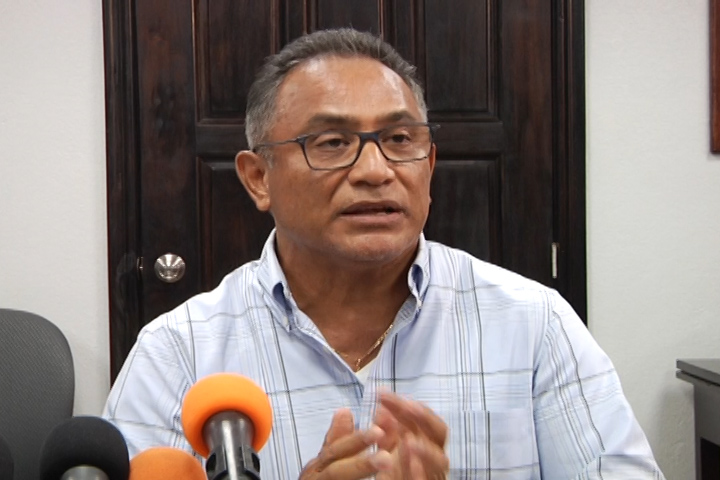
Due to the nature of the letters signed by Minister Marin and GOB’s stance on cannabis, Briceño called out for Marin’s resignation for allegedly going against Prime Minister Dean Barrow’s wishes.During a press conference on Monday, October 29th, Barrow had spoken about the implications if marijuana was to be legally cultivated in Belize. “…morality is not the basis for GOB’s position. Rather, it is the question of how on Earth we could ever legalize it, and for export, when the weed is still illegal in all our neighboring countries, and especially in the federal US,” said Barrow. “If we grew weed legally in Belize, the cartels would come in and take over production in Belize.” Barrow even questioned what the United States would say about it. He speculated that the American government would legitimize the fact that drugs reaching their country would originate from Belize. Barrow added that if such a thing ever happened, the country would lose correspondent banking, the financial system would collapse, along with trade and Belize’s lifeblood.
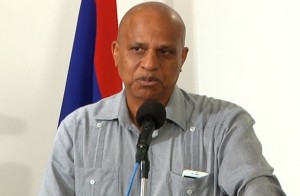
Barrow’s statement referred to Briceño’s proposal of legalizing marijuana in Belize on October 22nd via a video that went viral, following the legalization of the drug in Canada for recreational use. Briceño stressed that 32 countries around the world had legalized marijuana for recreational use. He indicated that this could be the birth of a new industry in the country and that many countries in the western hemisphere have legalized marijuana and are using it for medicinal purposes. Regarding the letters signed by Minister Marin, Briceño called out Prime Minister Barrow during a briefing on Wednesday, October 31st. He also called on Marin to resign after the letters were revealed. “If he does not resign, it means that he was doing it with the tacit approval of the Prime Minister, because such a major decision, he cannot do on his own,” said Briceño.
As of press time, neither mentioned project has been authorized. “Both plans were seen as new economic opportunities which could employ Belizeans and revenue generation for the Government of Belize. No formal proposal was submitted after the meetings, and that is where it currently stands. The Ministry of Health will continue to entertain ideas, which can be beneficial both to the economy of Belize and health of Belizeans, once they are within the confines of the law.”

